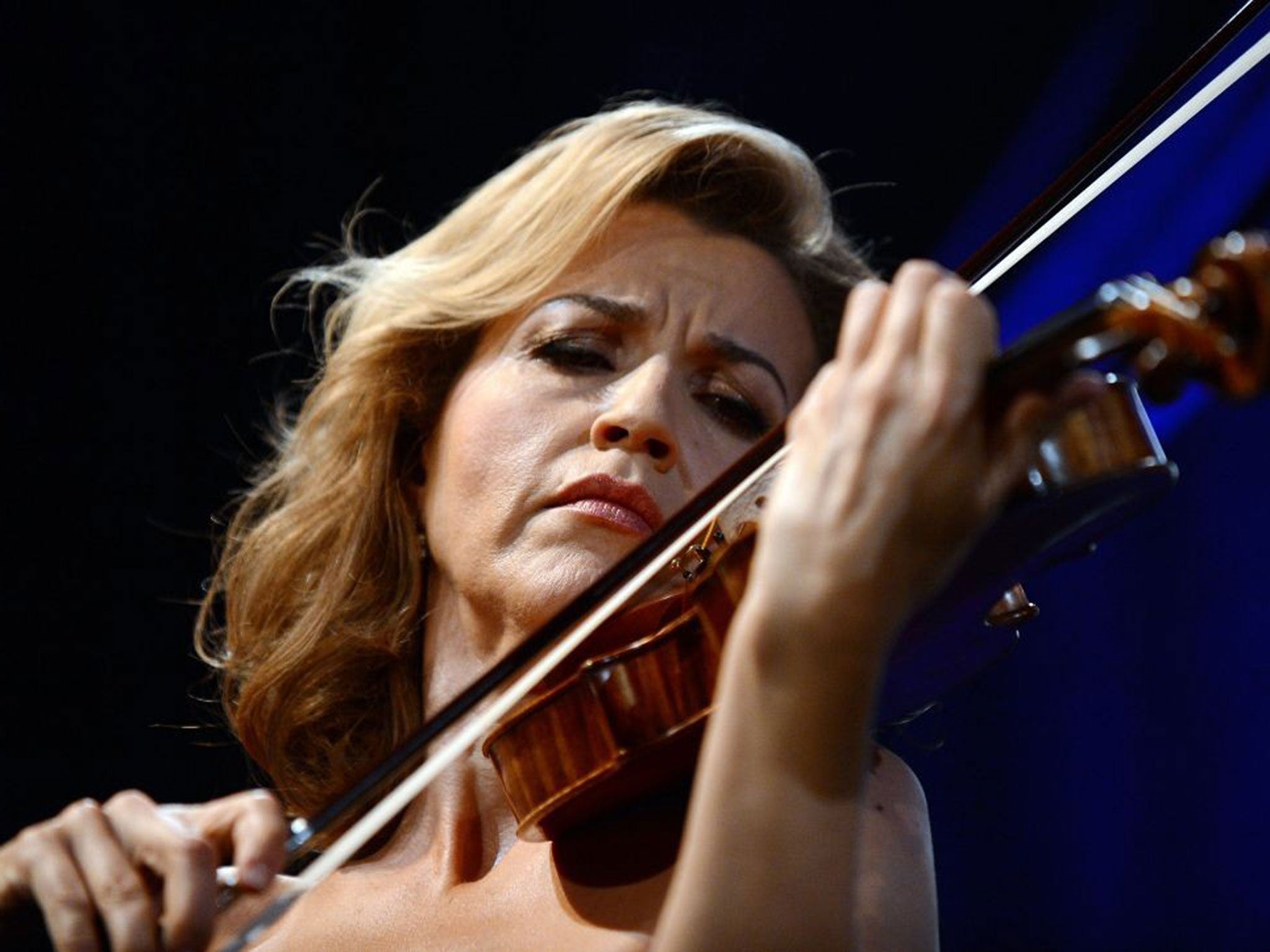Move over, Mozart: Child prodigies v real artistry
Conservatories are seeing an influx of child prodigies. But is early achievement being valued over real artistry? And what happens when they grow up?

It’s said that you’re only young once – and sometimes not even that.
“Canada’s piano superstar is eight years old,” proclaimed the Canadian Broadcasting Corporation earlier this year. The superstar in question, Kevin Chen, passed the country’s piano-teacher exam and is studying at the Royal Conservatory of Music. Ryan Wang, five, a fellow Canadian pianist, has performed at Carnegie Hall. Pianist Laetitia Hahn, 10, has been delighting German concertgoers with her Chopin and Beethoven for more than three years. British nine-year-old Alma Deutscher started playing the piano at the age of two and the violin at three and now composes operas, having acquired an early taste for the trade by writing Nokia ringtones.
Conservatories in Europe and North America report increasing numbers of pre-teens who turn up for auditions flawlessly performing repertoires previously considered the domain of 25-year-olds. This is the awe-inspiring era of underage marvels who rattle off Chopin’s tricky études as well as entire piano concertos. “Musicians are doing more advanced things at a younger age than ever before,” says Yoheved Kaplinsky, a professor of piano at the Juilliard School in New York City and the head of its pre-college division. “Kids are recording the Chopin études at the age of 10. When I was young, nobody played them until they were adults.”
The trend is most obvious for the piano, though string players are also showing impressive skills at an ever-younger age. In a nod to the youthful trend, the prominent Van Cliburn piano competition held annually in Fort Worth recently announced that it will add contests for 13- to 17-year-olds. The American Protégé competition already features a category for players from ages six to 10, and next year New York’s Kaufman Music Centre will hold its second International Youth Piano Competition, open to players aged seven to 17.
“Today, most young musicians winning competitions are Asian,” notes Murray McLachlan, a teacher at Chetham’s School of Music in Manchester. With China reportedly having 30 million young pianists, the fact that a number of them win competitions may not be surprising. But, says McLachlan, an acclaimed concert pianist, Chinese children succeed at the keyboard because their families value the work ethic that piano playing demands.
There have, of course, always been prodigies. The six-year-old Mozart dazzled 18th-century dukes and monarchs with his skills on the keyboard and the violin, and already had several compositions under his belt. Daniel Barenboim, the Argentinian-born pianist, performed in Vienna when he was eight, and Anne-Sophie Mutter, the German violinist, made her international debut at 13. But they were true prodigies, young musicians who combined technical brilliance with promising artistry. Today, there are so many young star performers that age alone seems to mark their value.
“The danger is that we’re creating machines that can play any piece at any speed,” says Gabriela Montero, the celebrated Venezuelan pianist, who was herself a child prodigy. “It’s a worrisome trend because it highlights early achievement rather than substance and artistry,” Kaplinsky says. “I see 16-year-olds who are lamenting the fact that they haven’t performed at Carnegie Hall yet.”
In the 1996 film Shine, Geoffrey Rush plays David Helfgott, the Australian pianist who as a teen buckles under immense pressure to succeed and suffers a mental breakdown. That is an extreme reaction, but prodigies don’t always go on to great success as adult artists. “Early accomplishment means nothing in the long run,” Kaplinsky says. “Child musicians delight audiences because it’s fun seeing somebody so young doing so much, but some of them burn out.” That may provide some consolation – or Schadenfreude – to those 16-year-olds who have yet to play Carnegie Hall.
For those who lack artistic goals and have simply mastered the technique to wow parents, teachers and audiences, the fall from child star to teenager can cause anguish, along with anger at mums and dads who took their tiger parenting too seriously. The proof of the real talent of prodigies is whether they blow audiences away in 20 years’ time. “The transition from child prodigy to adult artist is a very difficult one,” says Montero, who made her concert debut at eight but gave up playing the piano 10 years later. “As an artist, you have to have something to say, but you don’t have anything to say if you’ve spent your life in a practice room.” Armed with life experience and an artistic voice, Montero returned to the keyboard at 20.
Kaplinsky says that conservatories should support early achievers only if they exhibit artistic potential as well. “We’ve had kids come in to audition and play note-perfect, but we felt there was a musical vacuum behind their performance and didn’t offer them admission,” she says. Juilliard occasionally offers a place to a young musician who is not technically brilliant but shows artistic potential.
Most musicians would agree with Montero, who calls musical performances without personal interpretation simply a “numbers game of faster and younger”.
As McLachlan says: “Obviously, musicians have to work hard, and the younger the better, but the main thing is to be in love with music.”
There is, in other words, still hope for those 14-year-old stragglers.
(c) 2014 IBT Media Inc. All rights reserved
Subscribe to Independent Premium to bookmark this article
Want to bookmark your favourite articles and stories to read or reference later? Start your Independent Premium subscription today.

Join our commenting forum
Join thought-provoking conversations, follow other Independent readers and see their replies